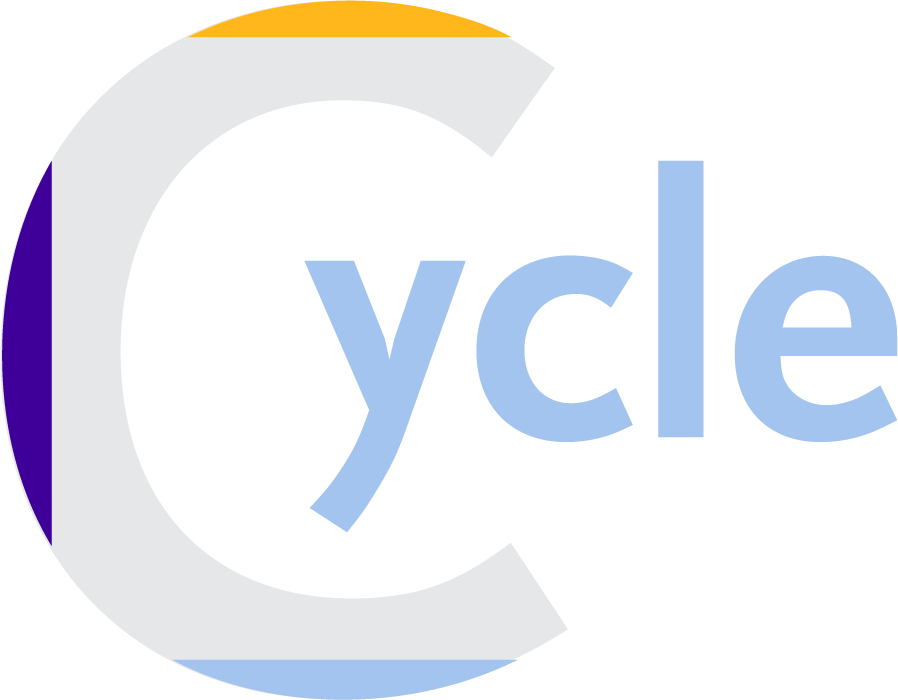Teacher Leadership & Advocacy for Education Policy
Published while CYCLE staff were still at the Annenberg Institute for School Reform at Brown University, Agency into Action: Teachers as Leaders and Advocates for Public Education, Communities, and Social Justice, was the result of a research field scan and landscape analysis about teacher leadership and advocacy for education policy. While the recent teacher organizing has made headlines and affected real change in places ranging from West Virginia to Arizona, the notion that teachers should have more of a voice in education decision-making is not new, nor should it be novel. This research emphasizes that the teacher-led actions of late are not without deeper context and potential for continued teacher leadership and advocacy for education policy that supports educational equity and justice. Organizations and efforts across the country are working towards a model of leadership in which teachers can collectively assert their influence on policy through their own voice, expertise both inside and outside of classrooms and schools, and advocacy.
Through a series of research interviews, interactive experiences with seasoned teacher leaders, and case profiles of six organizations[i] located across the country, Agency into Action explores three research questions: 1) Why engage teachers as leaders and advocates within policy-making? 2) How are the profiled organizations dismantling challenges and barriers to leadership and advocacy? 3) What are the policy-oriented outcomes of teacher leadership and advocacy? What we find is that effective teacher leadership and advocacy efforts aim not only to tap into teachers’ expertise, but also to democratize education policy-making in order to improve outcomes for students, families, and communities. As one teacher leader stressed, “If we are really serious about equitable public schools for all kids, . . . to me, the primary advocacy voice should be the people who know the work and know the students the best, and those are two stakeholder groups, parents and teachers.”
Further, engaging teachers as leaders and advocates can transform the teaching experience and address the critical issue of teacher dissatisfaction and shortages. The organizations profiled demonstrate that a wide range of strategies can be employed to overcome those barriers that most often prevent teachers from leading and advocating for policy development and improvement. By providing resources (including time) and creating networks, organizations are working to dismantle current school and system structures that maintain teacher isolation and prohibit collective efforts to engage in leadership and advocacy outside of the classroom. Teacher-led organizations are also working to shift the public’s perception regarding the teaching profession through the generation and dissemination of new knowledge, stories, and counternarratives. When teachers’ voices are heard, and when their opinions, ideas, and expertise are sought after by others, including policymakers, we will begin to move in the right direction towards valuing teachers and their contributions. In the end, teacher leadership and advocacy efforts have resulted in a variety of policy outcomes in the interests of both educators and students, but the ongoing work is challenging and oftentimes tenuous.
To be clear, our study of teacher leadership and advocacy does not contend that teachers must do more—their focus on cultivating the cognitive, academic, and social development of every learner in their classroom is more than a full-time job that demands care, commitment, and fair compensation. Rather, we explore how collective leadership and advocacy can foster the professional growth and efficacy of teachers by extending their reach and impact. Our report closes with a set of recommendations focused on considerations for education funders, policymakers, and intermediaries that seek to frame the importance and context of teacher leadership and advocacy as a key point of leverage to elevate the status of teachers’ voices and professional work.
To learn more, please download the report here and do not hesitate to reach out to the authors below with ideas, feedback, or inquiries.
Keith Catone, Executive Director, Center for Youth & Community Leadership in Education, Roger Williams University (kcatone@rwu.edu)
Marisa Saunders, Senior Researcher, Graduate School of Education & Information Studies, University of California, Los Angeles (saunders@gseis.ucla.edu)
[i] The six organizations profiled are: The Association of Raza Educators (California), Badass Teachers Association (National), Center for Teaching Quality (National), Chicago Teachers Union, Educators for Excellence (National), and Teachers Unite (New York City).

